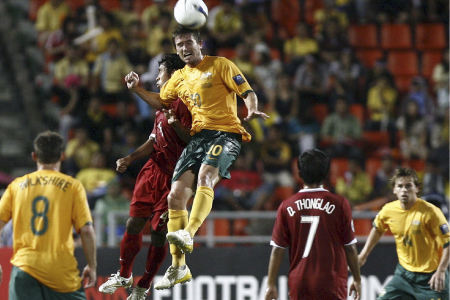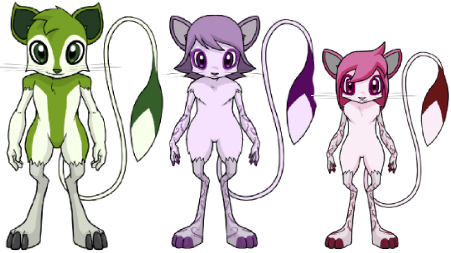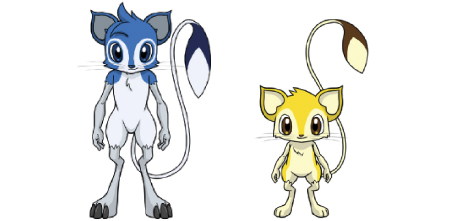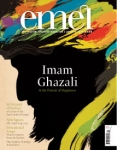
NEW SPORTS SECTION - A.F.C Asian Cup
Issue 76 January 2011
Ali Khimji gets sporty and looks at the forthcoming Asian Footbal Confederation tournament in, yes, Qatar.
The 2011 AFC Asian Cup will be kicking off the New Year, and we are promised a feast of football throughout January. All eyes will be on the hosts Qatar, especially after they won the bid to host the 2022 World Cup.
With the disappointment of the recent World Cup, the onus will be on the Asian teams to produce a flurry of goals as Qatar hosts the tournament for the second time. Asian football is generally overlooked in the international stage, with most of the traditional stereotypes being reserved for European and South American teams. However, these have been debunked in recent years with Spain throwing off their underachieving label by winning the Euro and the World Cup; Dunga refusing to allow Brazil to play samba football and making them attack on the counter; and England moving away from long ball football and starting to string some passes together – oh wait, we’re still stuck on that.
Perhaps this is a time for Asian football to emerge with its own style and become a force on the international level. Four Asian teams managed to qualify for the 2010 World Cup, with Australia being counted because they left the Oceania Football Confederation in 2006 and joined the AFC.
At the World Cup, Australia and North Korea fell at the first hurdle, having both drawn tough groups. South Korea and Japan managed to qualify for the next round, but both lost at that stage too.
However, Asian players left their mark on the tournament. Japan’s players were able to tame the wayward Jabulani football, with Keisuke Honda slotting in a free kick from 30 yards out. North Korea will be remembered for putting up a performance against Brazil, but then breaking down to lose 7-0 to Portugal in their next match.
On this basis, we can look forward to some quality entertainment as the best teams in Asia go up against each other. Out of the 16 teams that are in the tournament, six qualified automatically. The teams that came first, second and third at the 2007 Competition already secured their places: Iraq, Saudi Arabia and South Korea. As the hosts, Qatar joined them, as well as the winners of the 2008 and 2010 AFC Challenge Cup, India and North Korea.
Iraq will go into the tournament as the defending champions, having broken the duopoly that Japan and Saudi Arabia had on the title; both had won the title three times in the six tournaments before Iraq’s victory. Iran joins Japan and Saudi Arabia, having won the title three times too, as all three teams will fight to be the most successful national team in the continent.
South Korea last won the title 50 years ago, and were also winners of the inaugural tournament in 1956. They will be capitalising on their recent World Cup experience, as their captain, Manchester United’s Park Ji-Sung, hopes to transfer club success into his national team. India qualified by winning the 2008 AFC Challenge Cup, but were bottom of their group in the 2010 tournament. Recent friendly performances won’t inspire confidence either, including a shocking 9-1 defeat by Kuwait in November.
Having already won the West Asian Football Federation Championship and the Gulf Cup of Nations in 2010, Kuwait could be the dark horses of the Competition but face the challenge of having the host nation in their group.
As such, there are no clear cut favourites for the tournament. There are some interesting match-ups in the group stages, with Saudi Arabia and Japan being drawn together in Group B; Group C features South Korea and Australia; and there’s an Iran-Iraq derby match in Group D.
Something else to look forward to is the mascots for the tournament. Rather than one character, the organisers have put together a family of Jerboas, a rodent found in the deserts of Qatar. Each member of the family is named after an area of Qatar, apart from the middle child, Saboog, which is another name for Jerboas around the Middle East.
The tournament may not feature the likes of Cristiano Ronaldo, Lionel Messi or Kaka, but we can expect solid team performances in brand new facilities. As the end of the transfer window coincides with the final, managers around the world will be watching anxiously, hoping to sign the next Park Ji-Sung or Ali Daei.
As well as being able to claim that they are the best team in the continent, the winners of the 2011 AFC Asian Cup will join Brazil, Spain and other champions at the 2013 FIFA Confederations Cup. This will present another opportunity for Asian football to make a new name for itself on the international stage.
Mascots

The Father (Zkriti), (Named after Zekreet area in the west of Qatar)
The Mother: Tranaa (Named after Turayna area in the south of Qatar)
Eldest child - Daughter Name: Freha (Named after Freha area in the north of Qatar)

Middle child - Son Name: Saboog (common name for Jerboas in Arabic-speaking)
Youngest child - Son Name: Tmbki (Named after Timbic area in east of Qatar)
--------------------------------------------------------------------------------------------------------------
Greatest Sporting Moments
Never Underestimate the Opposition - Unlikely Winners

Out of the Ashes – Starting in 2008 in the fifth tier of ODI cricket, the Afghan national cricket team rose through three divisions to reach the qualifying stages of the 2011 Cricket World Cup. The team were recently featured in the documentary, Out of the Ashes.
Miracle On Ice – Assembled out of amateur and college players, the US Ice Hockey team at the 1980 Winter Olympics managed a shock victory over the Soviet team, who were favourites in the tournament. The US team went on to take the gold at the tournament.
Crazy Gang – When Wimbledon FC reached the 1988 FA Cup Final, everyone assumed that Liverpool would cruise past them. However, a goal from Lawrie Sanchez and a penalty save granted the Crazy Gang a trophy.

“Some people believe football is a matter of life and death. I’m very disappointed with that attitude. I can assure you it is much, much more important than that.”
Bill Shankly, Liverpool Manager 1959-1974
Bookmark this |
|
Add to DIGG |
|
Add to del.icio.us |
|
Stumble this |
|
Share on Facebook |
|
Share this |
|
Send to a Friend |
|
Link to this |
|
Printer Friendly |
|
Print in plain text |
|


Comments
0 Comments